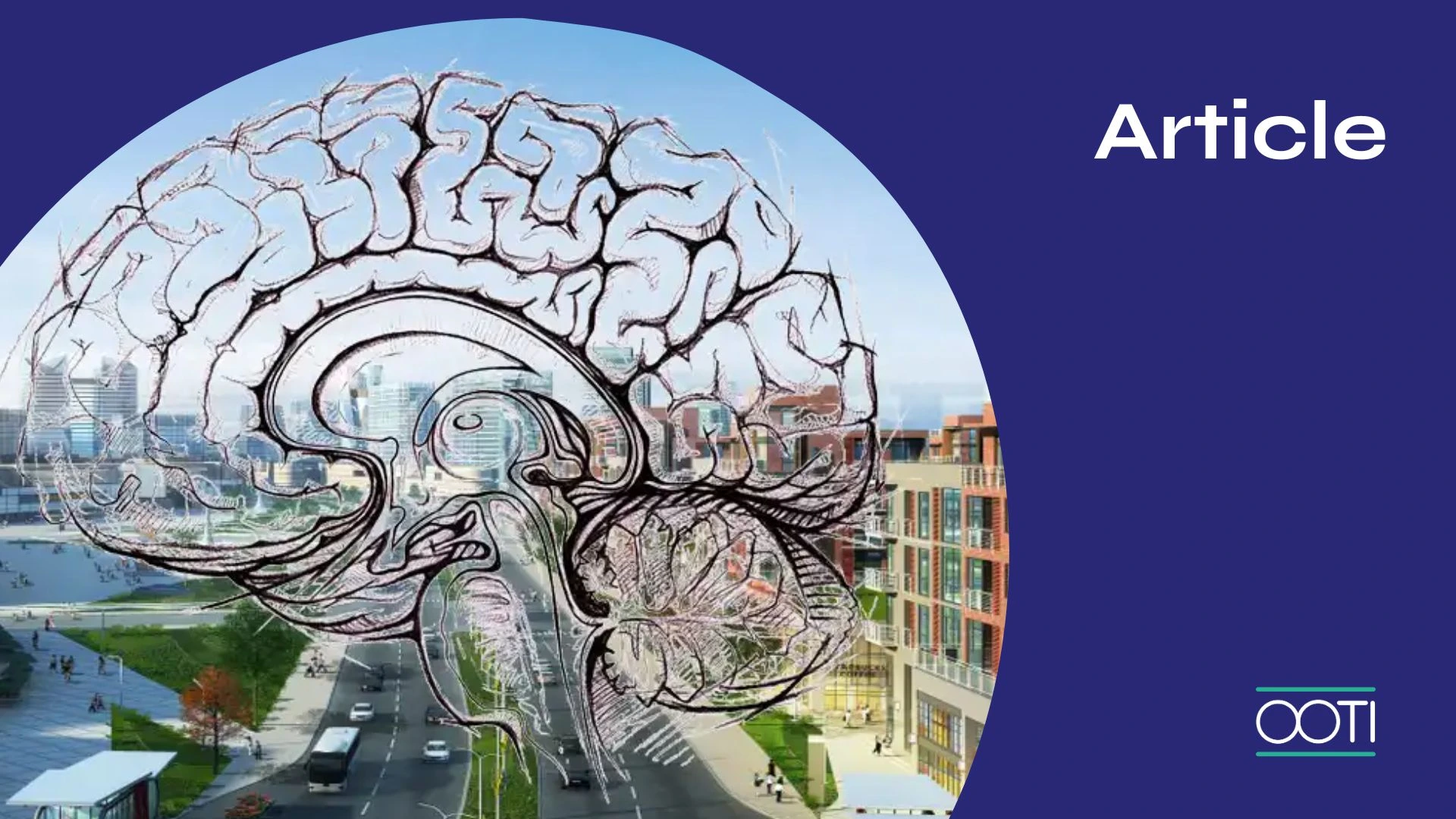
DDADUE Law | Everything the Reform Changes for Your Projects
.png)
Adopted on April 30, 2025, the DDADUE law (Various Provisions for Adapting to European Union Law) transposes several EU directives and reshapes the regulatory landscape of the construction sector. This major reform harmonizes previously scattered rules across different codes, while also significantly tightening environmental requirements.
For architects and building professionals, this law brings long-awaited simplifications—alongside new constraints to integrate into your projects. Solar panels on parking lots, exemptions for protected species, mandatory energy evaluations for large-scale developments…
OOTI breaks down the concrete changes and how the profession must adapt to these new rules of the game. Because beyond legal obligations, what’s truly at stake is a transition toward more sustainable architecture.
Parking | New Unified Rules for Solarization and Greening
The DDADUE law updates regulations governing parking lots. This long-awaited harmonization simplifies your obligations—even if it also raises the bar for environmental standards.
Long-Awaited Terminological Harmonization
Gone are the headaches around “parking areas” and other inconsistent terms! The law finally streamlines language by adopting the unified term “uncovered parking lots” across both the French Building Code (CCH) and the Urban Planning Code. The 500 m² threshold now becomes the single reference point, eliminating regulatory disparities that previously complicated project compliance.
Reinforced Greening Requirements
In practice, uncovered parking lots over 500 square meters associated with buildings must now incorporate sustainable solutions on at least half of their surface area. This includes permeable paving, hydraulic installations, or vegetated systems to promote rainwater infiltration or evaporation.
Simplified Penalties
An important update also concerns sanctions. When a single violation applies under both the Urban Planning Code and the Building and Housing Code, only the harsher penalty now applies. This avoids double sanctions and brings long-overdue legal coherence.
Protected Species | New Conditions for Exemption from Special Permits
Another major area of reform: the protection of endangered species. The DDADUE law introduces a more accessible exemption framework for your projects. Article 23 amends Article L.411-2-1 of the Environmental Code, outlining the conditions under which you can avoid applying for a special “protected species” permit.
Five Cumulative Conditions to Meet
To qualify for exemption, you must meet all five of the following conditions:
- Integrate avoidance and mitigation measures from the design phase
- Provide tangible proof of these measures’ effectiveness
- Demonstrate that the risk of harm to the species is insufficiently substantiated
- Implement a monitoring system to assess the effectiveness of the measures
- Plan additional measures if necessary to maintain the population in a favorable conservation state
A Legally Secure Framework
This reform promotes a proactive rather than reactive approach. By integrating robust, verifiable measures early in the design process, you can avoid the bureaucratic burden of permit applications—while ensuring effective environmental protection. The monitoring mechanism ensures continuous oversight of your project’s real-world impact.
Fossil Fuels & Major Projects | An Accelerated Energy Shift
When it comes to energy performance, the law raises the bar for the most resource-intensive sectors. These new requirements shift how architects approach the energy profile of their projects.
No More Energy Certificates for Fossil Fuels
Energy Savings Certificates (CEE) will no longer be granted for fossil-fuel-powered equipment in residential or commercial buildings—except when used as backup energy. This move encourages the use of renewable energy in your project designs.
Mandatory Energy Assessment for Major Projects
Any investment project exceeding €100 million must now undergo a proportionate energy evaluation. For transport infrastructure, the threshold is set at €175 million. This assessment will be integrated into the existing environmental impact study.
New Obligations for Public Sector Actors
Local authorities must reduce their energy consumption by 1.9% per year compared to 2021 and renovate 3% of their building stock annually. Data centers over 500 kW must report their energy data, and those exceeding 1 MW must recover and reuse their waste heat. To learn more, consult the full DDADUE law text.

















.jpg)











.jpg)














